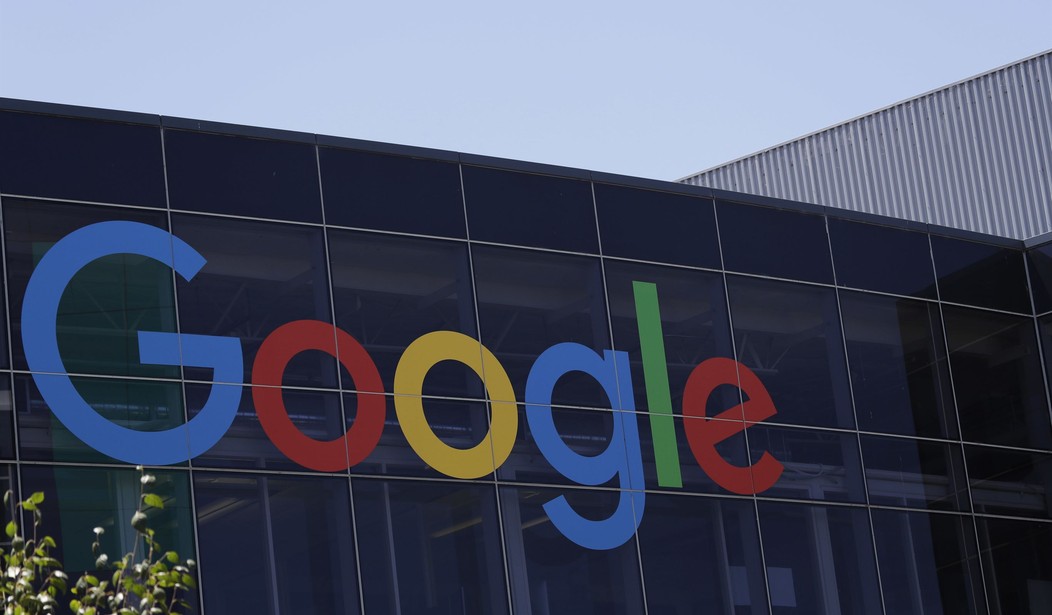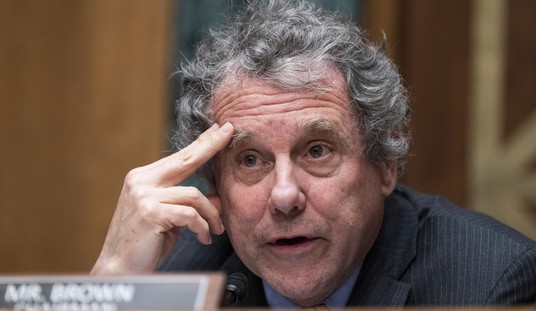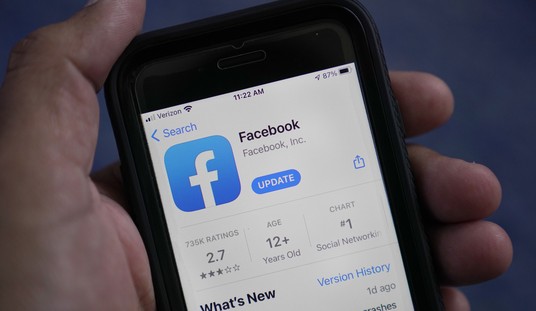Editor's note: This piece was authored by Benjamin Ayanian.
In less than a week, Google will go to trial and defend itself against antitrust claims from the Department of Justice (DOJ) and a number of state attorneys. Google had asked Judge Amit Mehta of the U.S. District Court for the District of Columbia to grant summary judgment in the case — essentially asking the judge to make a decision on the case before it ever goes to trial. In response, Judge Mehta did throw out a handful of the government's most dubious claims, but he also said that "there remain genuine disputes of material fact [on some of the claims against Google] that warrant a trial.”
If the DOJ and their state partners prevail at trial, the implications are bad for the internet. Prospects for greater innovation would be hampered, and lower-quality search engines would be artificially propped up in the marketplace.
At issue in the trial, among other topics, will be Google’s Browser Agreements and Google’s Android Agreements.
The Browser Agreements are between Google and web browser developers such as Apple and Mozilla. These agreements require that the developers set Google as the default search engine on their web browser — Safari in the case of Apple and Firefox in the case of Mozilla. However, the agreements also allow end users to change the default settings as they wish. Nevertheless, the government claims that such agreements are exclusionary, anticompetitive, and impermissible.
The government should not be trying to micromanage this activity. After all, Google’s agreements do not prevent browser developers from promoting Google’s rivals, and users can easily change the default search engine on their browsers. As Google pointed out to the court, browser developers are still allowed to and actually do promote rival search engines in order to be a part of those rivals’ revenue-share programs. These agreements are nothing nefarious.
Furthermore, the only way Google was able to obtain these agreements in the first place was by providing robust services that consumers love and by offering acceptable terms to developers. All the developers have agreed to the terms voluntarily. Mozilla actually switched their default search engine for Firefox away from Google to Yahoo! in 2014 only to switch back to Google shortly thereafter.
Recommended
There’s nothing stopping other search engines from competing with Google, improving their products and promotion and offering better terms to browser developers. In fact, the internet would be better for it if they did.
But if instead these search engines are artificially propped up by the DOJ and state attorney generals, they will have little incentive to improve their products.
The Android Agreements, which will also be litigated in court, are incredibly similar in principle. These agreements are between Google and the manufacturers of Android products and cell carriers who sell Androids — e.g., Samsung and Verizon. There are two types of agreements that will be questioned in court: Mobile Application Distribution Agreements (MADAs) and Revenue Share Agreements (RSA).
MADAs are between manufacturers and Google. Through these agreements, Google provides the manufacturers a royalty-free, non-exclusionary license to close to a dozen Google apps. In exchange, if the manufacturer chooses to download any of the apps on Android devices, all the apps must be pre-installed, and they must place the Google Search widget on the device's home screen, as well as the Google Play app, and a folder containing the rest of the applications.
But even if a manufacturer signed a MADA and installed the list of Google applications, there would be nothing keeping them from also pre-downloading applications from rival search engines. And again, it is incredibly easy for a user to change a device's default settings if they are not pleased with them.
If an Android manufacturer or carrier also signs an RSA, Google will make monthly payments to them, but Google must then be the only general search engine preinstalled on the devices covered under the agreement — in addition to being the default search engine for all search access points.
Unlike the MADAs, RSAs are exclusionary, but that doesn’t make it unfair. Manufacturers and carriers have the ability to decide whether the terms of the agreements are conscionable. They are not forced to enter into these agreements. And none of this changes the fact that end users can still easily download an alternative search engine or change the default settings on their device.
In the end, none of these agreements harm consumers. If they dislike their default settings, they can just change them. All these agreements do is stoke the flames of competition, forcing competitors to innovate and try to offer better terms.
Taking Google to trial over these agreements is a waste of government resources.
Benjamin Ayanian is a contributor for Young Voices, a PR firm and talent agency for young, pro-liberty commentators. His writing has appeared in the Wall Street Journal, Fox News, Newsweek, and more. Follow him on Twitter @BenjaminAyanian.

























Join the conversation as a VIP Member